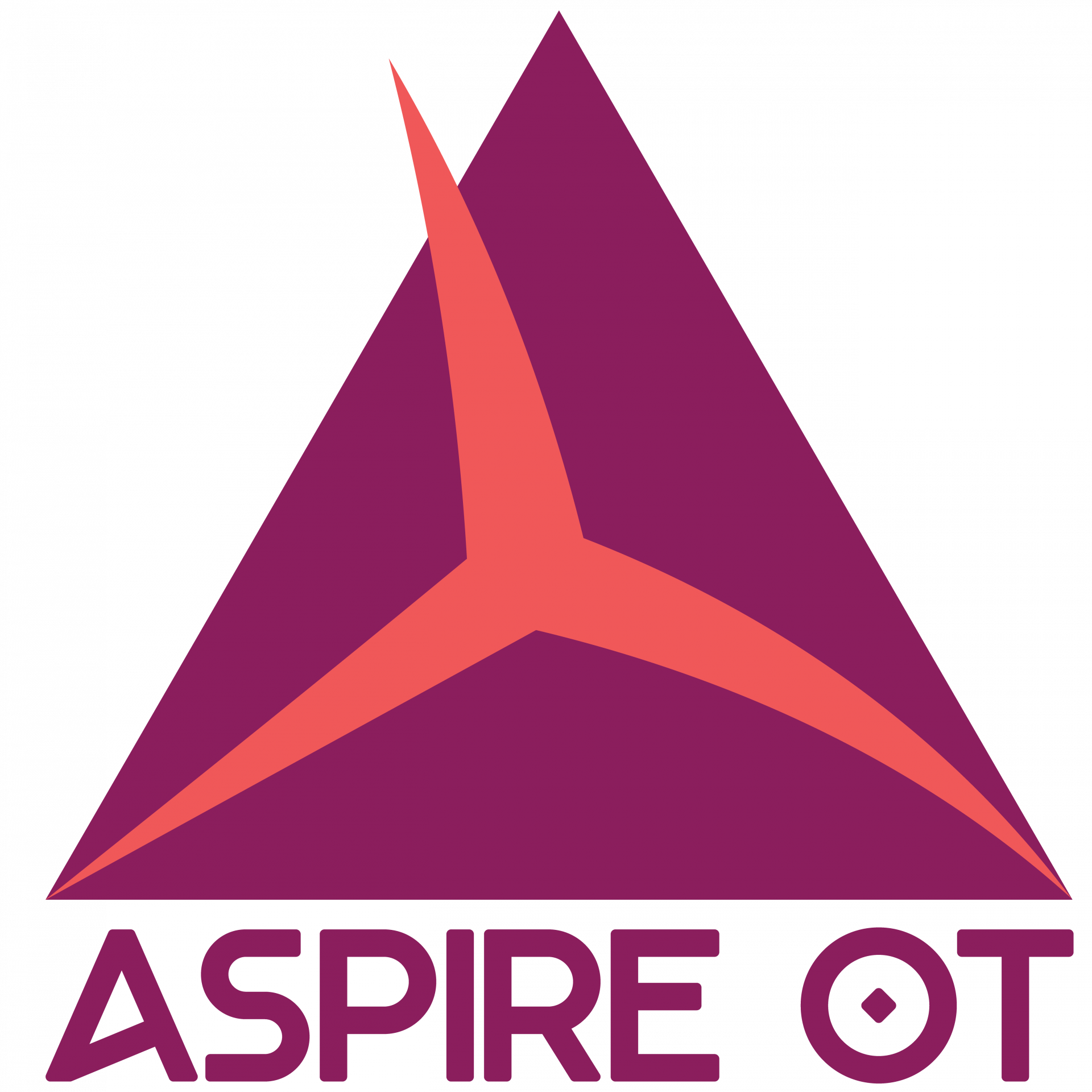The Role of Occupational Therapy Practitioners in the Human Trafficking Crisis
This course is discounted for TNOTA members.
The Role of Occupational Therapy Practitioners in the Human Trafficking Crisis
Self Paced Online Course
$30 ($25 TNOTA Members)
1.5 Contact Hour
Human trafficking has emerged as a rapidly growing crime, an occupational injustice, and a human rights violation that transcends all regional and international borders. Survivors of human trafficking consistently demonstrate pervasive physical, cognitive, and psychological deficits, challenging their health, their ability to heal from trauma, and their societal integration. The United Nations developed the Protocol to Prevent, Suppress and Punish Trafficking in Persons (3P Protocol) as a guide for national governments, private agencies, and individuals in their efforts to enact standards, laws, and programs for action, including occupational therapy efforts. This occupational therapy professional development course equips practitioners with knowledge and tools to support the role of occupational therapy in combating human trafficking.
Presented by: Toni Thompson, OTR/L, DrOT
Presented by: Toni Thompson, OTR/L, DrOT

